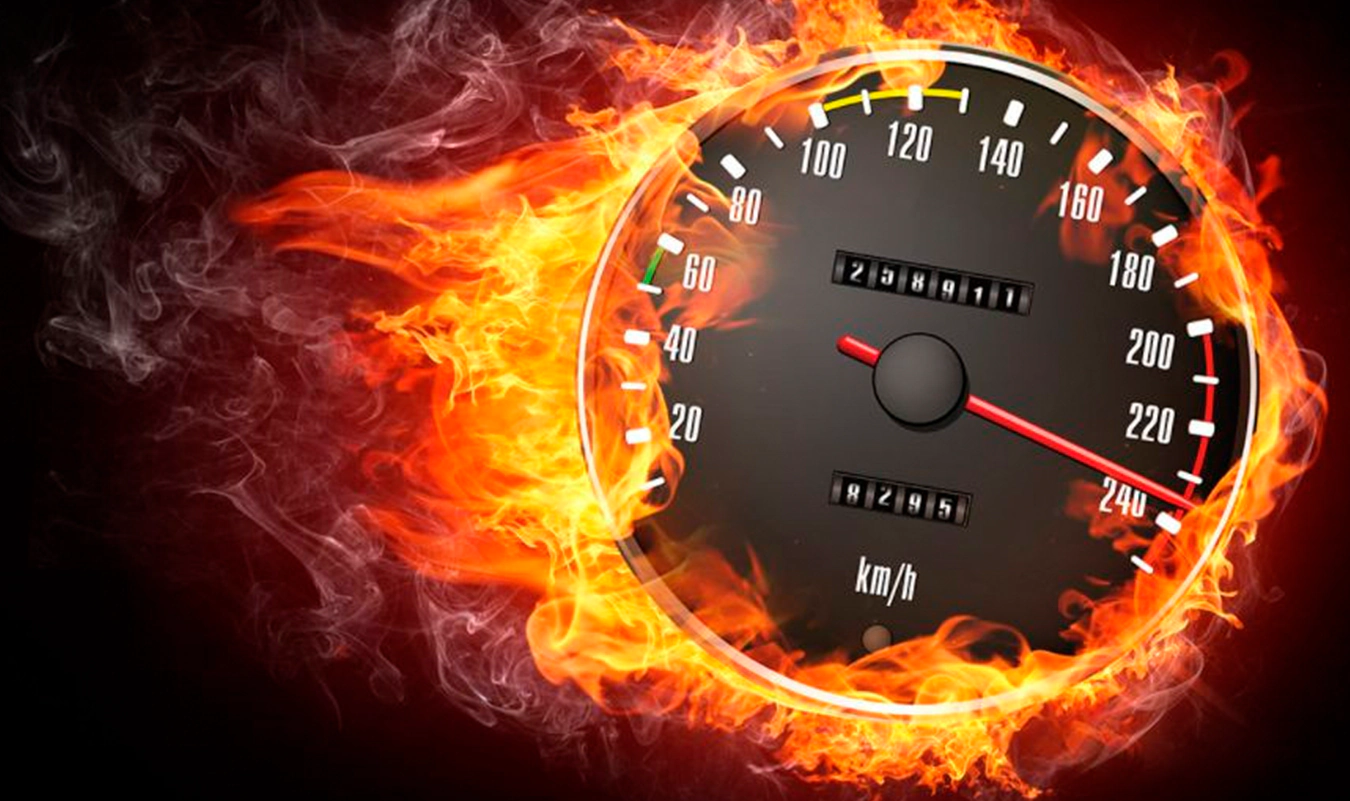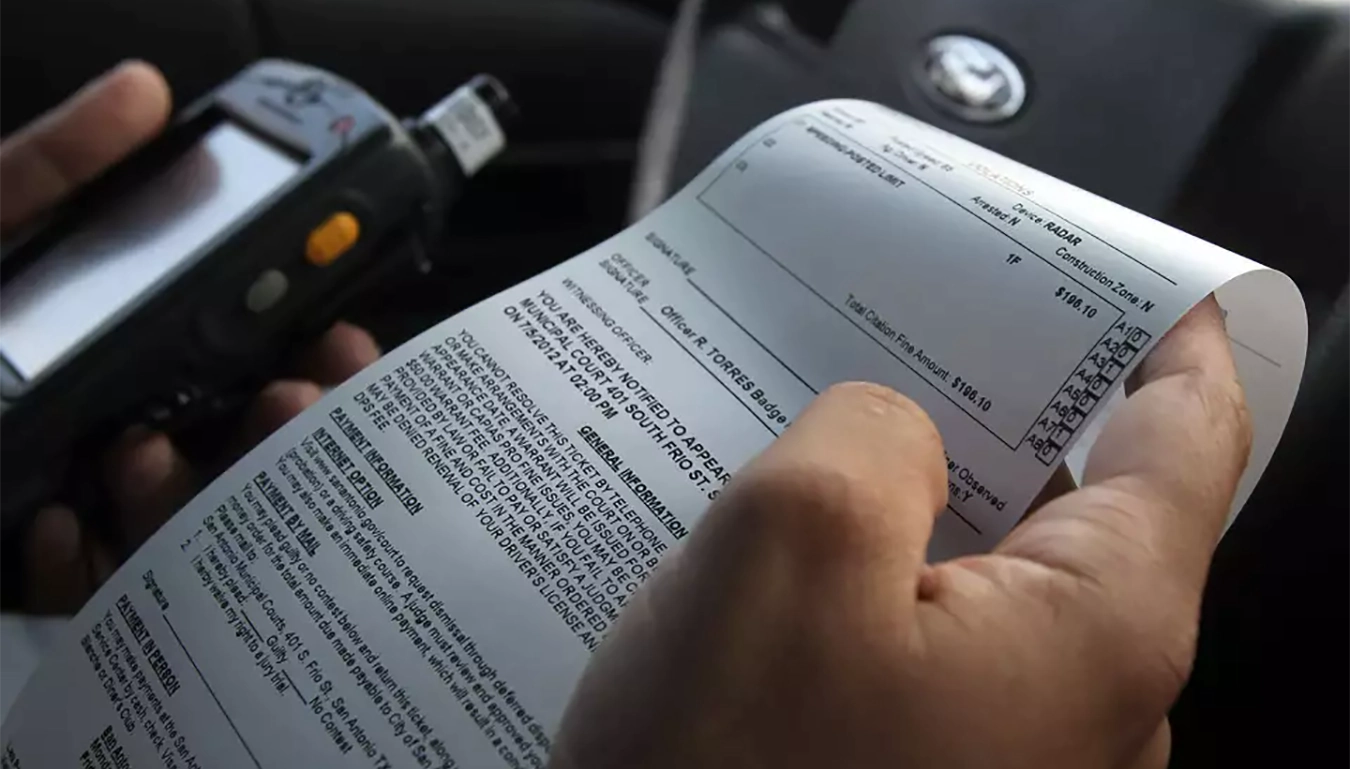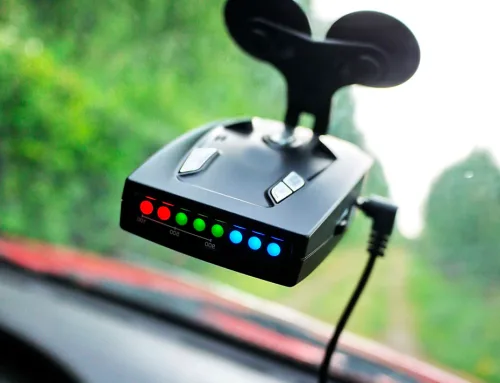Speeding tickets are one of the most common traffic offences in Ontario, yet their cost can vary widely based on several factors. If you’re wondering, “What is the real cost of a speeding ticket?” this guide will break down everything you need to know about speeding ticket prices, fines, and their potential financial impact.
Factors Influencing the Cost of Speeding Tickets
The cost of a speeding ticket in Ontario depends on several factors, including:
- Speed over the limit: The fine increases as your speed surpasses the posted limit. For example, a ticket for driving 10 km/h over the limit is significantly less than for 30 km/h over.
- Location of the offence: in school zones, construction areas, or community safety zones often comes with higher fines.
- Demerit points: The number of demerit points you receive can also impact long-term costs.
- Aggravating circumstances: Reckless speeding or causing an accident can result in additional penalties.
- Time of day: during times of high traffic or reduced visibility, such as nighttime or in adverse weather conditions, may result in harsher penalties.
- Driver’s record: Drivers with prior offences or a history may face higher fines or additional consequences.
Understanding these factors helps clarify the typical speeding ticket cost you may face in Ontario.
Cost of Speeding Tickets on Highways vs. Urban Roads
Speeding ticket prices vary based on where the offence occurs, such as highways or urban roads. The traffic speeding ticket cost is influenced by safety risks and laws specific to these areas.
How Much Is a Highway Speeding Fine?
Fines on highways are typically calculated based on your speed above the limit:
- 1-19 km/h over the limit: $2.50 per km/h over the limit.
- 20-29 km/h over the limit: $3.75 per km/h over the limit.
- 30-49 km/h over the limit: $6.00 per km/h over the limit.
For example, driving 25 km/h over the limit would result in a fine of $93.75, plus additional fees and surcharges. Highways generally have higher speed limits, but exceeding them significantly can pose severe safety risks, which is why fines increase proportionally.
How Much Is an Urban Road Speeding Ticket?
Urban road speeding fines often follow the same structure but may include additional penalties if the offence occurs in designated areas like schools or construction zones. For instance:
- In school zones: Fines double when children are present.
- In construction zones: Fines double if workers are present.
- In community safety zones: These areas, typically marked by signs, have higher fines due to increased risks to pedestrians and cyclists.
Even at lower speeds, urban speeding violations can be costly due to these enhancements. Additionally, urban roads often have lower speed limits, which means even a slight exceedance can result in a ticket.
Fixed and Variable Speeding Fines
Ontario has both fixed and variable fines for speeding offences:
- Fixed penalty for speeding: Some minor offences, such as 1-49 km/h over the limit, come with predictable fines. These are often straightforward and listed directly on your ticket.
- Variable speeding fines: As speeds increase, the fines rise exponentially. For example, speeding more than 50 km/h over the limit can lead to a court summons, and the fine is determined by a judge based on the circumstances.
These systems ensure penalties are proportionate to the severity of the offence. Additionally, fines in community safety or construction zones are subject to multipliers, further increasing the cost.
How to Know How Much Your Speeding Ticket Is
The exact speeding ticket price range can be found on the ticket itself. It typically includes:
- The base fine.
- A victim fine surcharge (added to support victim services).
- Court fees (if applicable).
In some cases, fines are listed on Ontario’s Highway Traffic Act table of offences, which can be accessed online. If you’re uncertain about your fine or how it was calculated, contacting Traffic Paralegal Services for guidance is an excellent option. They can also help you assess whether any errors or inconsistencies exist in the ticket details, potentially providing grounds to dispute it.
Types of Speeding Tickets in Ontario
Ontario’s speeding tickets fall into three main categories:
- Minor tickets: For speeds less than 20 km/h over the limit. These offences typically carry low fines and no major consequences unless repeated.
- Moderate tickets: For speeds between 20 and 49 km/h over the limit. These tickets result in higher fines, demerit points, and often a noticeable impact on insurance premiums.
- Severe tickets: For speeds exceeding 50 km/h, often resulting in a summons to court, potential license suspension, and even vehicle impoundment. These are considered major offences and come with long-term consequences.
Understanding which category your ticket falls into can help you prepare for the financial and legal repercussions.
How Much Does a Speeding Ticket Increase Insurance in Ontario?
A speeding ticket doesn’t just hit your wallet immediately—it can lead to higher insurance premiums. The increase depends on factors such as:
- Your current driving record: Drivers with a clean record may see smaller increases, while those with prior offences face steeper hikes.
- The severity of the offence: Minor speeding tickets may lead to a 5-25% increase in premiums, while severe offences can result in increases of 50% or more.
- Your insurance provider’s policies: Some insurers have stricter penalties for speeding violations, especially for major offences.
Insurance companies often categorize speeding tickets as minor, major, or serious offences, and these classifications influence the impact on your rates. It’s also worth noting that speeding violations remain on your record for three years and can affect your premiums for that duration.
How Do I Fight a Speeding Ticket?
Fighting a speeding ticket is often your best option to avoid the long-term financial and legal consequences. Here are the steps you can take:
- Request a trial: Plead not guilty and request a court date to dispute the ticket. This allows you to challenge the charges rather than accepting them outright.
- Review the evidence: Obtain disclosure to examine the evidence against you. This may include officer’s notes, speed radar calibration records, and other relevant details.
- Consult with professionals: Seek assistance from Traffic Paralegal Services to build a strong defence. They have the expertise to identify errors in the ticket or procedural issues that could lead to dismissal.
- Challenge the evidence: Question the accuracy of the speed detection device, the officer’s observations, or other aspects of the evidence presented.
- Negotiate a reduction: In some cases, negotiating with the prosecutor can result in reduced fines, fewer demerit points, or a lesser offence classification.
Taking these steps can significantly reduce the impact of a speeding ticket on your driving record and finances.
Conclusion
Speeding tickets in Ontario come with a range of costs and consequences, from fines and demerit points to increased insurance rates. Understanding the speeding ticket price range and how to navigate these penalties is crucial. If you’re facing a ticket, don’t tackle it alone. Contact Traffic Paralegal Services to help you fight the charges, protect your record, and reduce the financial impact.
Whether you’re dealing with a minor offence or a serious speeding violation, professional guidance can make all the difference. By taking proactive steps, you can minimize the financial and legal repercussions and safeguard your driving privileges.









Leave A Comment
You must be logged in to post a comment.